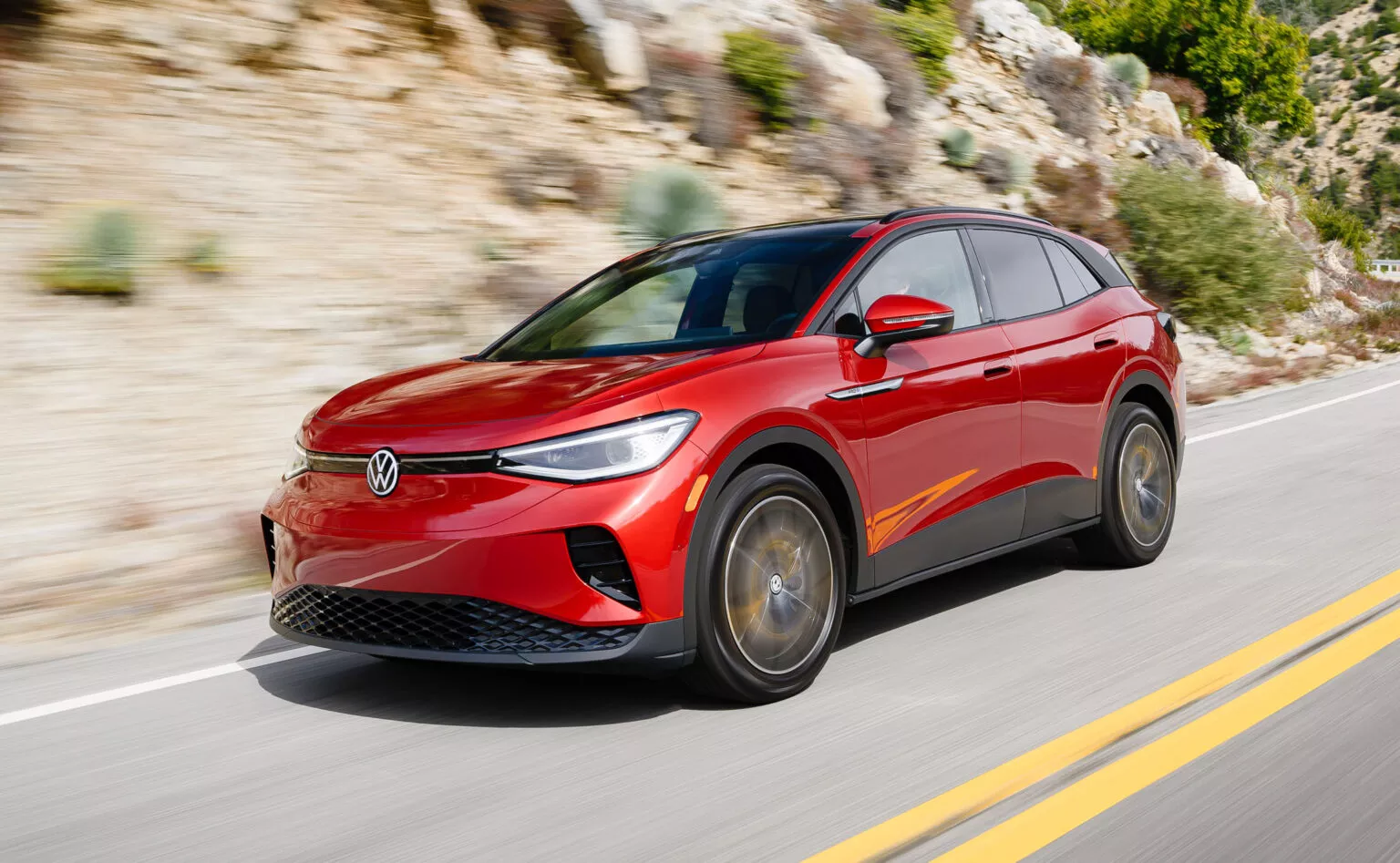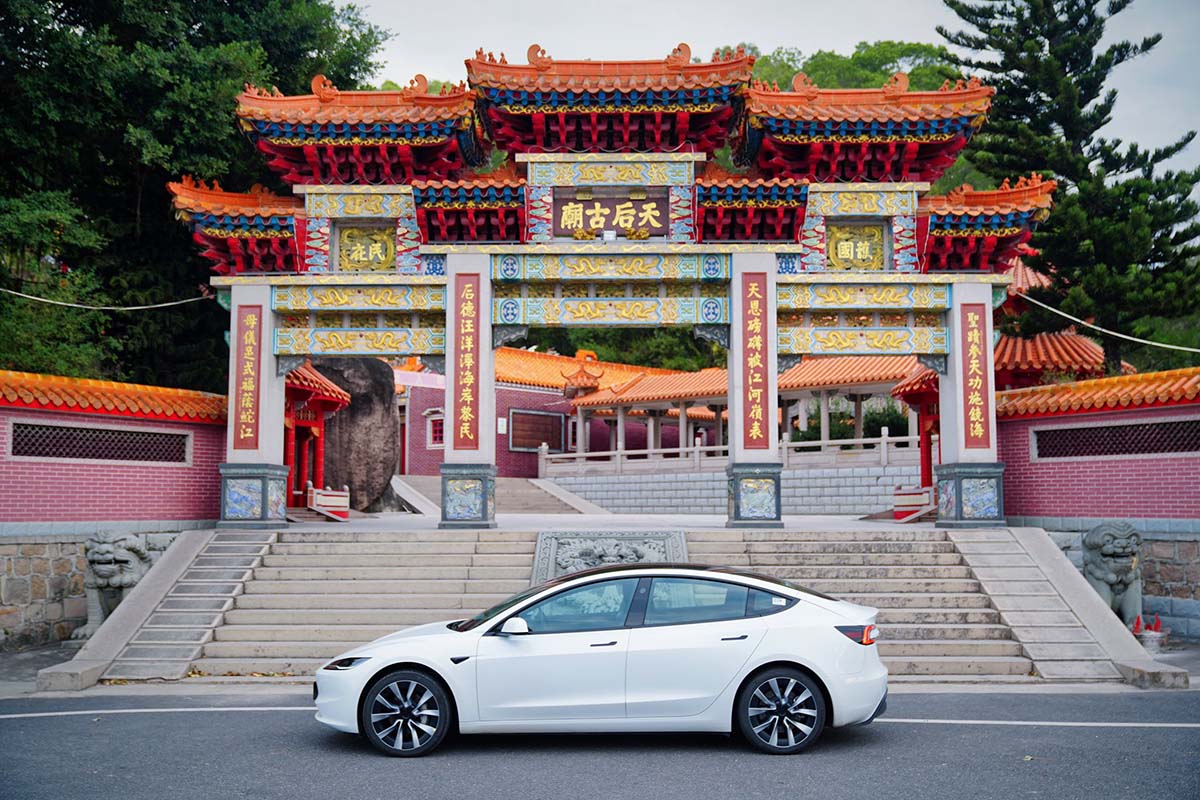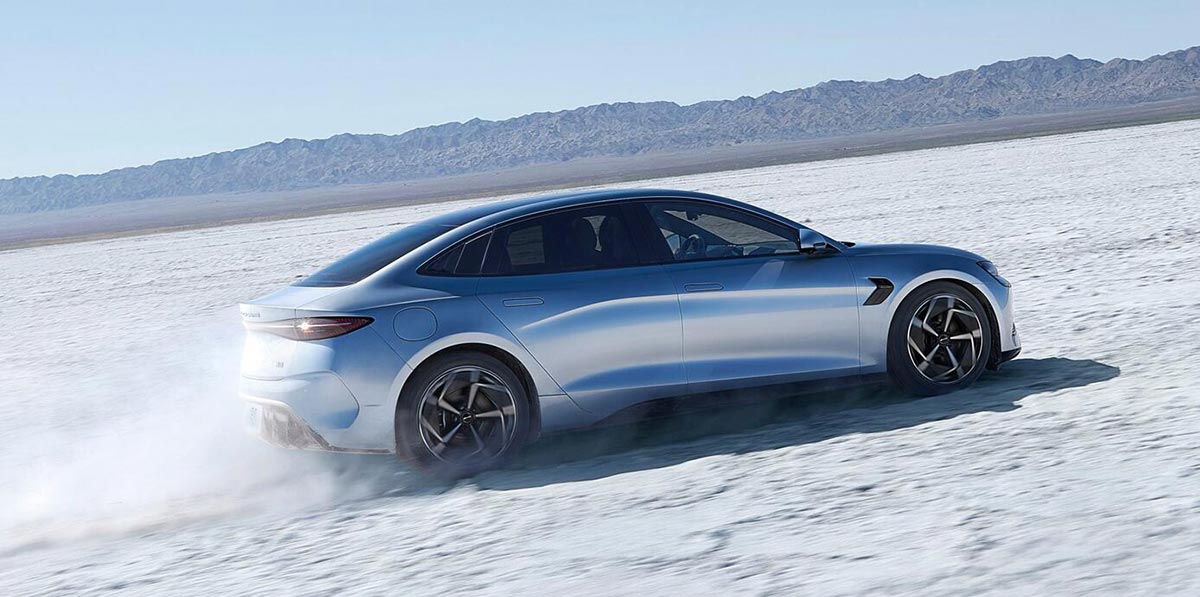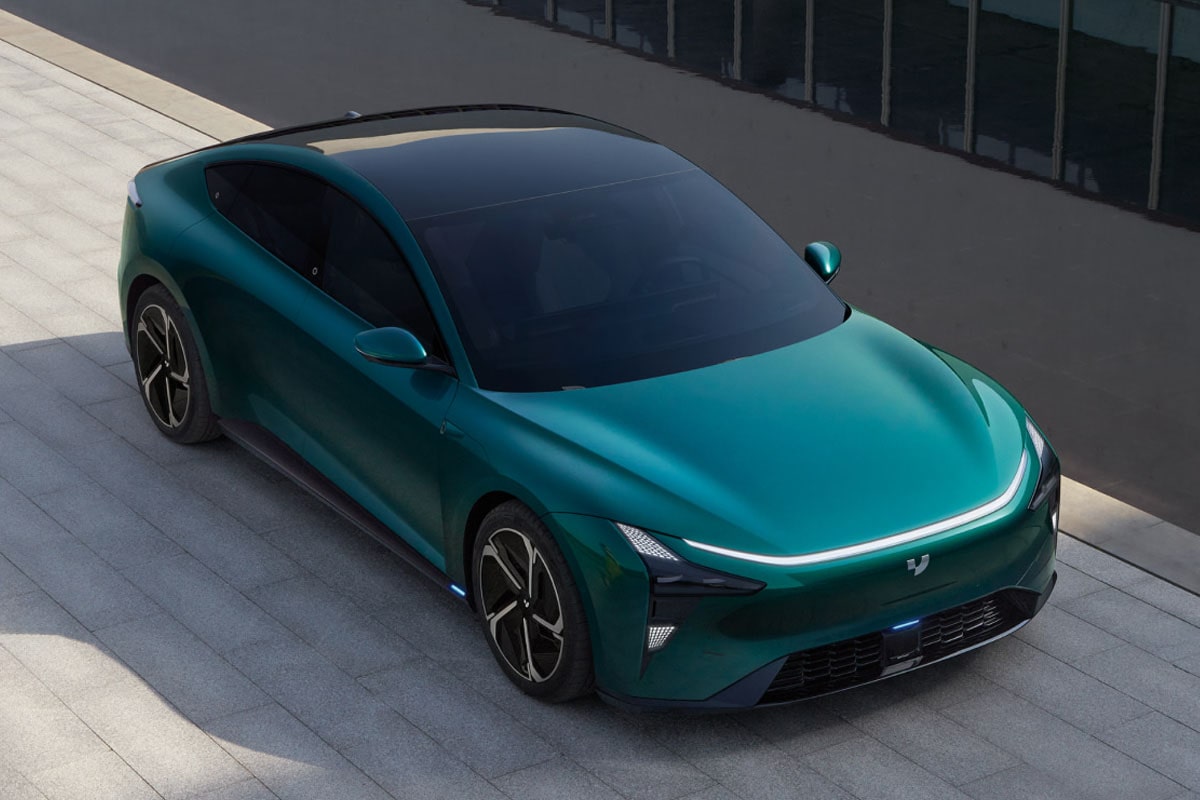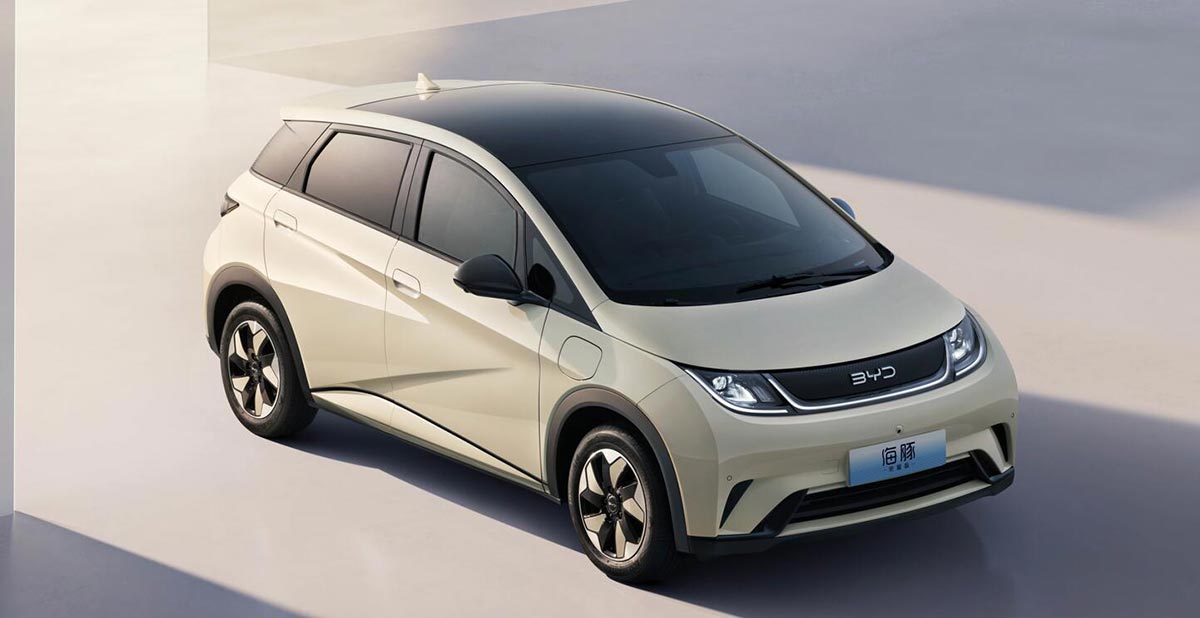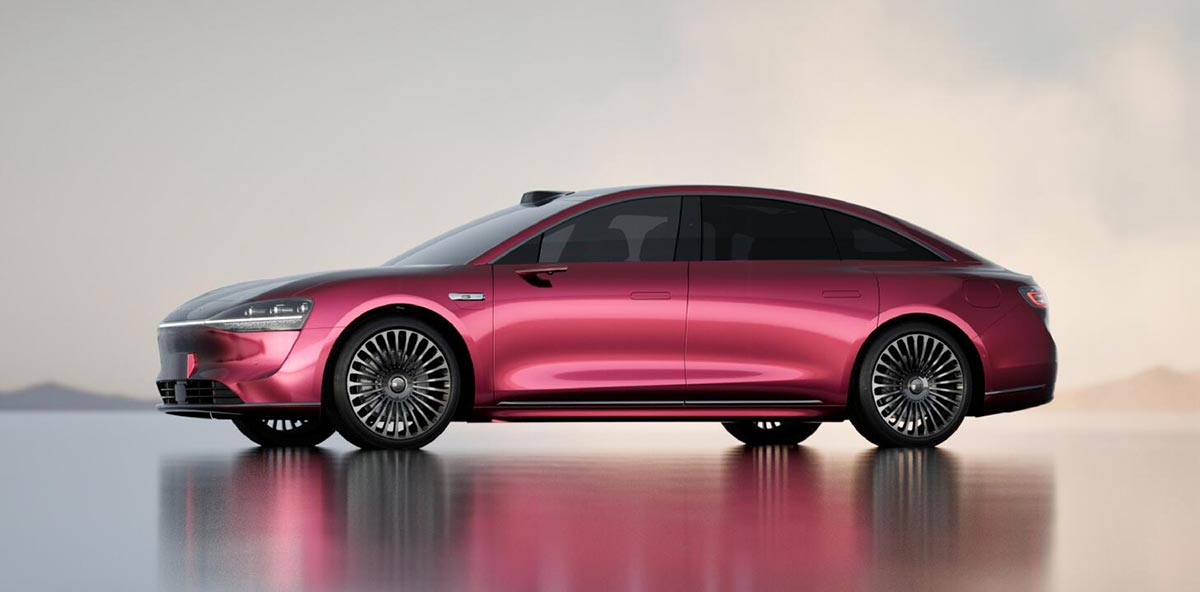In a strategic move to seize opportunities in China’s burgeoning electric vehicle market, Volkswagen Group is ramping up its investment in electrification, eyeing an extensive expansion in the region. By 2030, the German automotive giant plans to offer over 30 all-electric models across its various brands solely in China.
According to data from the China Association of Automobile Manufacturers, the production and sales of new energy vehicles (NEVs) witnessed a significant surge in 2023, exceeding 9.58 million and 9.49 million units respectively, marking a notable year-on-year increase.
China’s dominance in NEV production and sales, constituting over 60 percent of the global total last year and maintaining its top position for nine consecutive years, underscores the immense potential Volkswagen seeks to capitalize on.
Maintaining its steadfast “In China, for China” approach, Volkswagen is intensifying efforts to localize production and tailor its offerings to meet the preferences of Chinese consumers.
In a pivotal strategic milestone, Volkswagen is expanding its production and innovation hub in Hefei, with investments totaling 2.5 billion euros ($2.67 billion). This move underscores Volkswagen’s commitment to bolstering its presence in China’s rapidly evolving automotive landscape.
Ralf Brandstätter, member of the board of management of Volkswagen AG for China, emphasized the significance of partnerships with strong joint venture partners, SAIC and FAW, in driving the transformation towards smart electric mobility. Brandstätter stated, “Today, around 50 million customers in China drive a group (Volkswagen) product.”
The establishment of the Tianjin branch of Volkswagen China Technology Company (VCTC) in February further reinforces Volkswagen’s dedication to enhancing research, development, and production capabilities in core components of NEVs.
Highlighting the accelerated pace of innovation, Brandstätter noted, “Our new production and development hub in Hefei will bring technologies to market around 30 percent faster in the future.” This additional investment underscores Volkswagen’s ambition to swiftly expand its local innovative strength.
The trade volume between Germany and China, reaching 253.1 billion euros in 2023 according to the Federal Statistical Office of Germany, solidifies the economic ties between the two nations. China’s role as Germany’s largest trading partner for the eighth consecutive year underscores the importance of collaboration in fostering mutual growth and development.
As Volkswagen navigates the dynamic landscape of China’s automotive industry, its strategic investments and localized approach position the company for sustained success in the world’s largest NEV market.

